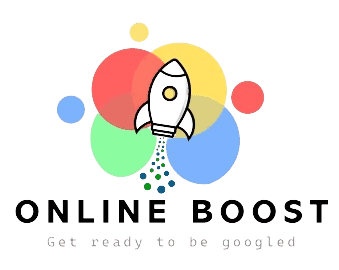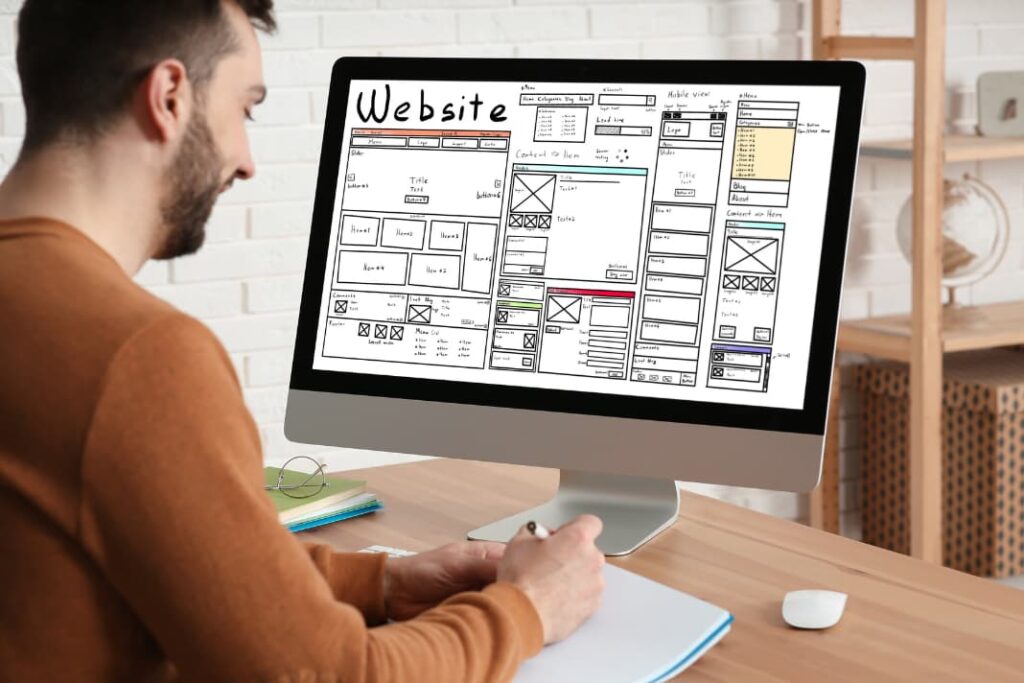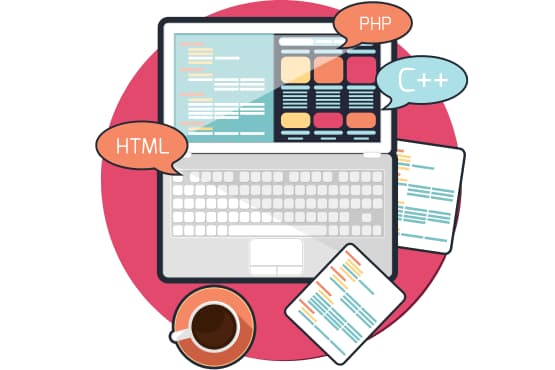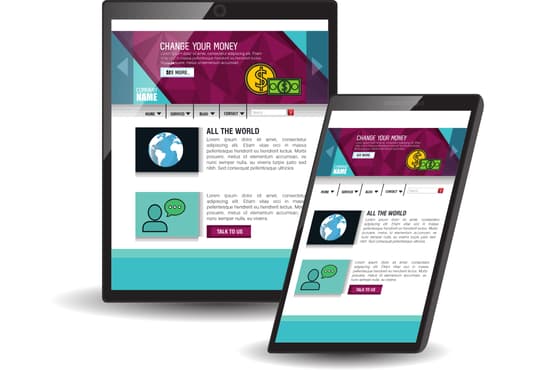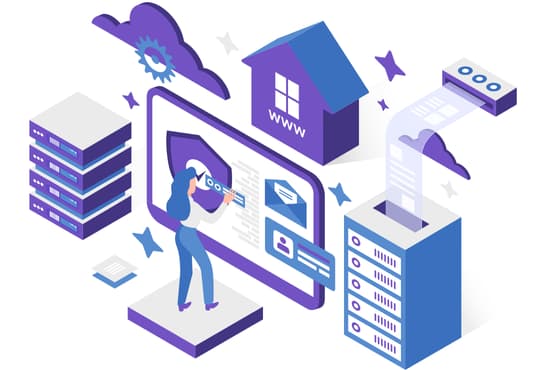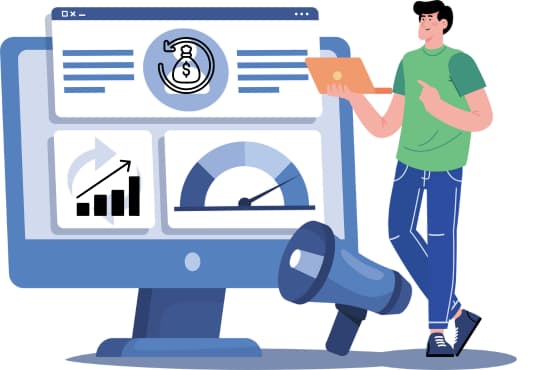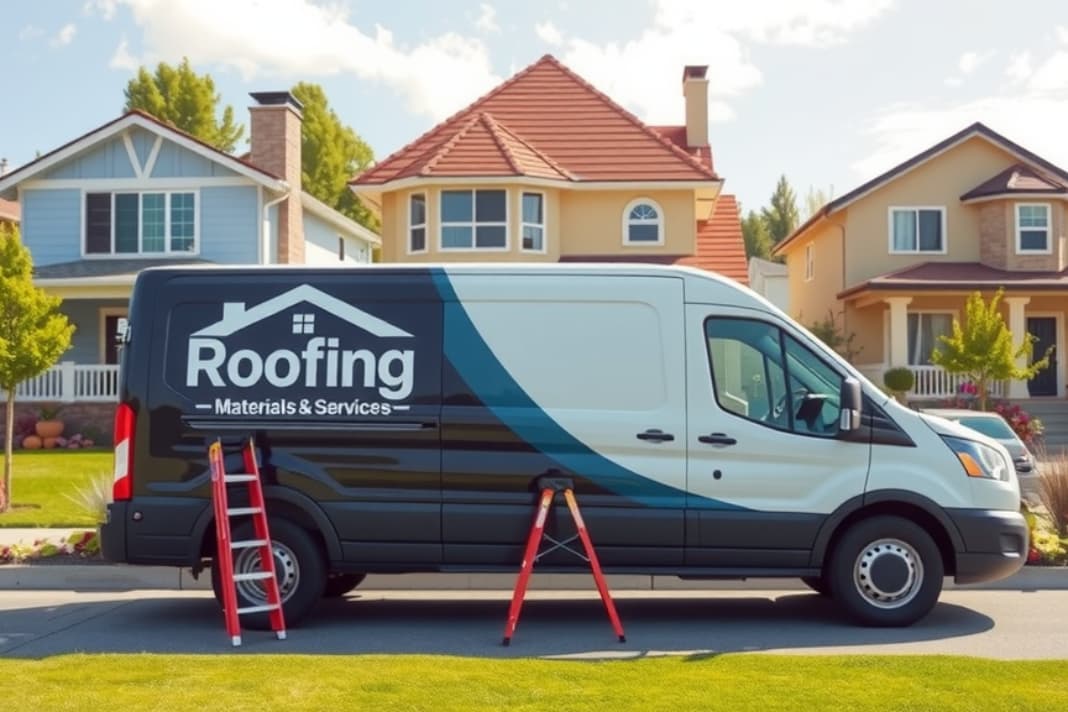Having a solid online presence is no longer optional—it’s essential. At the heart of this presence lies your website. However, for many businesses and individuals, one question looms: What are the website construction costs?
Understanding the financial aspects of building and maintaining a website is crucial for making informed decisions. Whether you’re a small business owner, an aspiring entrepreneur, or simply exploring your options, this comprehensive guide will break down website construction costs in 2024.
From budget-friendly solutions to high-end custom designs, we’ll explore various options and help you determine the best choice for your needs and budget. By the end of this article, you’ll clearly understand website construction costs and be well-equipped to plan your online venture.
Key Takeaways
- Website construction costs in 2024 range from $1,000 to $145,000 depending on complexity
- Small business sites typically cost between $3,000 and $15,000
- E-commerce websites can range from $20,000 to $40,000 or more
- Ongoing expenses like hosting and maintenance are often overlooked
- DIY options can reduce expenses but may lack professional polish
How Much Does Website Construction Cost?
The cost of website construction can vary widely based on its purpose, complexity, and the approach you choose. Let’s dive into some average costs for different types of sites:
| Website Type | Typical Construction Cost Range |
|---|---|
| Basic Informational (8-16 pages) | $3,000 – $8,000 |
| Small Business (up to 25 pages) | $7,000 – $15,000 |
| Corporate (25-75 pages) | $10,000 – $16,000 |
| E-commerce (100-1000 products) | $20,000 – $40,000 |
| Web Applications | $15,000 – $75,000+ |
It’s important to note that these figures are general estimates. Your website construction costs may be higher or lower depending on your specific requirements, chosen features, and the professionals or services you work with.
Factors Influencing Website Construction Costs
Several key elements affect the final price tag of your website:
-
Design Complexity:
- Simple, template-based design: $1,000 – $5,000
- Custom design: $5,000 – $30,000+ The more unique and complex your design requirements, the higher the cost. Custom animations, intricate layouts, and brand-specific design elements increase expenses.
-
Functionality and Features:
- Basic functionality: $1,000 – $5,000
- Advanced features: $5,000 – $40,000+ Features like user accounts, payment gateways, booking systems, or custom calculators require additional development time and expertise, increasing costs.
-
Content Management System (CMS) Selection:
- Using popular CMS (e.g., WordPress): $1,000 – $20,000
- Custom CMS development: $20,000 – $100,000+. Your choice of CMS impacts initial construction costs and ongoing maintenance expenses. While popular systems like WordPress offer a balance of flexibility and cost-effectiveness, custom solutions provide tailored functionality at a higher price point.
-
Number of Pages:
- Small size (5-10 pages): $2,000 – $8,000
- Medium size (20-50 pages): $8,000 – $20,000
- Large site (50+ pages): $20,000+ More pages mean more content to create, design, and manage, directly impacting the overall cost.
-
Responsive Design:
- Basic responsiveness: Included in most modern designs
- Advanced mobile optimization: $3,000 – $25,000. Ensuring your site works well on all devices is crucial. While basic responsiveness is standard, creating a highly optimized mobile experience can increase costs.
-
E-commerce Functionality:
- Basic online store: $5,000 – $15,000
- Advanced e-commerce platform: $15,000 – $100,000+ Adding e-commerce capabilities significantly increases complexity and cost, especially for large or complex product catalogues.
-
Integrations with Other Systems:
- Simple integrations: $500 – $3,000 per integration
- Complex integrations: $5,000 – $20,000+ per integration. Connecting your website with CRM systems, marketing tools, or other business software adds to the overall cost but can greatly enhance functionality.
-
Content Creation:
- Basic content writing: $500 – $5,000
- Professional copywriting and content strategy: $5,000 – $25,000+ High-quality content is crucial for engagement and SEO. Professional writing services can be a significant but worthwhile investment.
-
SEO Optimization:
- Basic on-page SEO: $500 – $3,000
- Comprehensive SEO strategy: $3,000 – $20,000+ Proper SEO is essential for visibility. Costs can vary based on the depth of optimization and ongoing SEO services.
-
Security Features:
- Basic security (SSL, simple firewall): $100 – $500 per year
- Advanced security measures: $1,000 – $5,000+ per year. Protecting your site and user data is non-negotiable. Costs increase with the level of security required, especially for e-commerce sites.
Understanding these factors can help you make informed decisions about where to allocate your budget for maximum impact.
Options for Creating a Website
When it comes to website construction, you have several paths to choose from. Each option has pros and cons; the best choice depends on your needs, budget, and technical expertise.
DIY Website Builders
Cost Range: $0 – $500 per year
Popular platforms like Wix, Squarespace, and Weebly offer user-friendly interfaces for building websites without coding knowledge.
Pros:
- Low cost
- Easy to use
- Quick to set up
- Hosting often included
Cons:
- Limited customization
- Potential for amateur-looking results
- Less control over functionality
- Ongoing subscription costs
Best for Personal projects, very small businesses with simple needs, and those on a tight budget.
WordPress Websites
Cost Range: $500 – $5,000 initial setup, plus ongoing costs
WordPress is a versatile platform that can be used for various types of websites, from blogs to e-commerce stores.
Pros:
- Highly customizable
- Large community and plugin ecosystem
- Suitable for various website types
- It can be cost-effective for small to medium projects
Cons:
- Steeper learning curve than website builders
- Requires more maintenance
- It can become complex for large projects
Best for Small to medium-sized businesses, bloggers, and those who want a balance of customization and ease of use.
Custom Website Development
Cost Range: $5,000 – $100,000+
Custom development involves building a website from scratch to meet specific needs.
Pros:
- Complete control over design and functionality
- Tailored to exact business requirements
- Potential for unique features and integrations
- Scalable for future growth
Cons:
- Highest upfront cost
- Longer development time
- Requires ongoing maintenance and updates
Best for: Large businesses, complex web applications, and organizations with unique technical requirements.
Hybrid Approach
Cost Range: $3,000 – $20,000
This approach combines DIY and professional development elements, often using a platform like WordPress with custom design and development work.
Pros:
- Balance of customization and cost-effectiveness
- Faster development than fully custom sites
- Can leverage existing platforms and plugins
Cons:
- It may still require technical knowledge
- Potential limitations compared to fully custom sites
Best for: Small to medium-sized businesses that need more customization than DIY builders offer but don’t require a fully custom solution to make a website.
Choosing the Right Option
To determine the best approach for your website construction:
- Assess your technical skills and available time
- Define your website’s goals and required features
- Consider your short-term budget and long-term growth plans
- Evaluate the level of customization and control you need
- Think about ongoing maintenance and update requirements
By carefully considering these factors, you can choose the website construction method that best aligns with your needs and resources.
Small Business Budgeting for Website Construction
For small businesses, a website is an investment in growth and visibility. Here’s how to approach budgeting for your website construction:
Estimating Costs for Different Types of Small Business Websites
| Website Type | Estimated Construction Cost |
|---|---|
| Basic Informational | $3,000 – $8,000 |
| Small E-commerce | $10,000 – $25,000 |
| Service-based Business | $5,000 – $15,000 |
Steps for Effective Website Budget Planning
- Determine Your Needs:
- Do you need a simple informational site or an online store?
- What specific features are crucial for your business?
- Set Priorities:
- Identify must-have features vs. nice-to-haves
- Consider phasing your website development to spread costs
- Research and Compare Options:
- Get quotes from multiple developers or agencies
- Compare the costs of different platforms and approaches
- Consider Long-Term Costs:
- Factor in ongoing expenses like hosting, maintenance, and updates
- Budget for potential future expansions or redesigns
- Allocate Resources Wisely:
- Invest more in areas that directly impact your business goals
- Don’t skimp on essential elements like security and user experience
- Plan for Contingencies:
- Set aside 10-20% of your budget for unexpected costs or changes
- Evaluate ROI Potential:
- Consider how the website will generate or support revenue
- Balance costs against potential business benefits
Hidden Expenses to Consider
When budgeting for website construction, don’t forget these often-overlooked costs:
- Domain Name Registration: $10 – $50 per year
- SSL Certificate: $0 – $200 per year (some hosting plans include this)
- Content Creation: $500 – $5,000+ depending on your needs
- Stock Photos or Custom Photography: $100 – $1,000+
- Marketing and SEO: Initial setup $500 – $2,000, ongoing costs vary
- Training for Staff: $500 – $2,000 if you need to learn to manage the site
- Legal Fees: $500 – $2,000 for privacy policies, terms of service, etc.
Tips for Reducing Website Construction Costs
- Start with a clear plan and stick to it to avoid costly changes in mid-development
- Use pre-built themes or templates when possible instead of custom designs
- Prioritize essential features and add others later as your budget allows
- Create your content if you have the skills to save on copywriting costs
- Consider a phased approach to development, starting with core features
- Opt for a scalable platform that can grow with your business to avoid rebuilding later
- Leverage open-source solutions and plugins instead of custom-built features where possible
- Negotiate package deals for ongoing services like hosting and maintenance
Ongoing Expenses After Website Construction
Your website is not a one-time expense. After the initial construction, you’ll need to budget for various ongoing costs to maintain your website effectively, including website maintenance and hosting fees.
Hosting Costs
Web hosting is a recurring expense that varies based on your website’s size, traffic, and performance needs.
- Shared Hosting: $5 – $20 per month
- Best for small websites with low-traffic
- Limited resources and performance
- VPS (Virtual Private Server) Hosting: $20 – $100 per month
- Suitable for growing websites with moderate traffic
- Better performance and more control than shared hosting
- Dedicated Hosting: $100 – $400+ per month
- Ideal for large websites with high-traffic
- Maximum performance and complete control
- Managed WordPress Hosting: $30 – $200+ per month
- Specialized hosting optimized for WordPress sites
- Includes automatic updates and enhanced security
Domain Name Registration
- Annual cost: $10 – $50 per year
- Consider registering multiple TLDs (e.g., .com, .org) to protect your brand.
SSL Certificate Renewal
- Free – $200 per year
- Essential for security and customer trust
- Some hosting plans include free SSL certificates
Maintenance and Updates
Regular maintenance is crucial for security, performance, and functionality:
- Basic Maintenance: $500 – $1,000 per year
- Includes software updates, basic security checks, and minor content changes
- Comprehensive Maintenance: $3,000 – $15,000 per year
- For more complex sites or e-commerce platforms
- Includes regular backups, security monitoring, performance optimization, and content updates
Security and Backup Expenses
Protecting your website and data is non-negotiable:
- Security Plugins or Services: $100 – $500 per year
- Firewalls, malware scanning, and intrusion detection are essential components of website maintenance for an e-commerce website.
- Backup Solutions: $50 – $200 per year
- Regular backups to protect against data loss
- DDoS Protection: $200 – $1000+ per year
- Essential for high-traffic or e-commerce sites
Content Updates and SEO
Keeping your website fresh and visible:
- Content Creation: $200 – $2,000+ per month
- Blog posts, product descriptions, page updates
- SEO Services: $300 – $5,000+ per month, depending on the features and web design required.
- Ongoing optimization, link building, and reporting
Software and Plugin Licenses
- WordPress Plugins: $0 – $200+ per year, per plugin
- E-commerce Platform Fees: 0.5% – 3% of sales (varies by platform)
- CRM or Marketing Automation Integration: $20 – $1,000+ per month
Performance Optimization
- CDN (Content Delivery Network) Services: $10 – $200+ per month
- Caching and Optimization Tools: $50 – $500 per year
Compliance and Legal
- Privacy Policy and Terms Updates: $200 – $1,000 per year
- GDPR, CCPA, or Other Compliance Measures: Costs vary widely
Training and Support
- Staff Training for CMS Use: $500 – $2,000 (one-time or as needed)
- Ongoing Technical Support: $100 – $500+ per month
Total Annual Ongoing Costs
Depending on your website’s size and complexity, you can expect to spend anywhere from $1,000 to $20,000+ per year on ongoing expenses.
- Small Informational Website: $1,000 – $3,000 per year
- Medium-sized Business Website: $3,000 – $10,000 per year
- Large E-commerce or Complex Website: $10,000 – $50,000+ per year
Remember, while these ongoing costs may seem significant, they’re essential to maintaining a secure, effective, competitive online presence. Neglecting these areas can lead to security breaches, poor performance, or outdated content, ultimately costing far more in lost business and reputation damage.
E-commerce vs. Basic Websites: A Cost Comparison
E-commerce websites are inherently more complex than basic informational sites, reflected in their construction and maintenance costs. Let’s break down the key differences:
Initial Construction Costs
| Feature | Basic Website | E-commerce Website |
|---|---|---|
| Design and Development | $3,000 – $15,000 | $20,000 – $40,000+ |
| Product Management System | Not applicable | $2,000 – $10,000 |
| Payment Gateway Integration | Not applicable | $1,000 – $3,000 |
| Security Features | $500 – $2,000 | $2,000 – $5,000+ |
Ongoing Expenses
| Expense Type | Basic Website | E-commerce Website |
|---|---|---|
| Hosting | $10 – $100/month | $100 – $500+/month |
| Maintenance | $500 – $2,000/year | $2,000 – $10,000+/year |
| Security Updates | $200 – $500/year | $1,000 – $5,000+/year |
| Platform Fees | Minimal | 2-3% of sales (varies) |
Why E-commerce Sites Cost More
- Complex Functionality: E-commerce sites require systems for inventory management, order processing, and customer accounts.
- Payment Processing: Integrating and maintaining secure gateways adds complexity and ongoing costs.
- Enhanced Security: With customer data and financial transactions involved, e-commerce websites need robust security measures, including firewalls and malware scanning.
- Scalability Requirements: E-commerce platforms must be built to handle growth in products and traffic.
- Regular Updates: Frequent updates are necessary to maintain security and add new features to stay competitive.
- Higher Hosting Needs: E-commerce sites typically require more robust hosting solutions to handle transactions and traffic spikes.
When to Choose an E-commerce Solution
Consider an e-commerce website if:
- You plan to sell products or services directly online
- You need a system to manage inventory and orders
- You want to provide customers with self-service options
- Your business model relies on online transactions
Remember, while e-commerce sites are more expensive, they also offer the potential for direct online sales and revenue generation, which can offset the higher costs over time.
Free Website Options: Pros, Cons, and Limitations
While professional website construction often involves significant costs, free options are available. Let’s explore these alternatives:
Free Website Builder Options
- Wix: Offers a drag-and-drop interface with a free plan
- WordPress.com: Provides a free plan with basic features
- Google Sites: Simple website creation tool, free with a Google account
- Weebly: User-friendly platform with a free tier
Pros of Free Website Options
- No upfront costs
- Easy to use, even for beginners
- Quick setup process
- Basic hosting included
- Some design templates are available
Cons and Limitations of Free Websites for Businesses
- Limited Customization: Free plans often restrict design options and features
- Ads Displayed: Most free plans show ads on your site
- Limited Storage and Bandwidth: Can affect site performance and growth
- No Custom Domain: URLs typically include the platform name (e.g., yoursite.wixsite.com), mainly if you use a website builder.
- Lack of Advanced Features: E-commerce, forms, and other business tools are often restricted.
- Limited SEO Control: May not provide full access to SEO settings
- Unprofessional Appearance: Free sites may not convey the level of professionalism needed for businesses
- Limited Support: Customer service is often restricted for free users
- Data Ownership Concerns: Some platforms may have rights to content posted on free sites
When Free Options Might Work
Free website options can be suitable for:
- Personal projects or hobbies
- Temporary event pages
- Testing a business idea before investing
- Non-profits with minimal budgets
- Small, local businesses with minimal online needs
When to Upgrade from a Free to a Paid Website
Consider upgrading when:
- You need a professional domain name
- You want to remove platform-branded ads
- Your storage or bandwidth needs to increase
- You require advanced features like e-commerce capabilities
- You need better SEO tools and control
- Your business is growing and requires a more professional online presence
- You want full ownership and control over your website and its content
- You need enhanced security features
- You require integration with other business tools or systems
While free options can be a good starting point, most businesses will eventually need to invest in a paid solution to meet their growing needs and present a professional image online.
Evaluating Your Website Construction Investment
Understanding your website’s return on investment (ROI) is crucial in justifying construction costs and ongoing expenses. Here’s how to evaluate whether your website investment is worthwhile:
Measuring ROI on Your Website Investment
- Define Clear Goals: Establish specific, measurable objectives for your website (e.g., lead generation, sales, brand awareness)
- Track Key Metrics:
- Traffic: Use tools like Google Analytics to monitor visitor numbers and sources
- Conversion Rate: Measure the percentage of visitors who take desired actions
- Lead Generation: Track the number of inquiries or form submissions
- Online Sales: Monitor e-commerce transactions and revenue
- Cost Per Acquisition: Calculate how much you’re spending to acquire each customer through your website
- Calculate ROI: ROI = (Gain from Investment – Cost of Investment) / Cost of InvestmentExample: If your website costs $10,000 to build and generates $15,000 in profit in its first year: ROI = ($15,000 – $10,000) / $10,000 = 0.5 or 50%
- Consider Intangible Benefits:
- Improved brand perception
- Enhanced customer service
- Increased market reach
- Time saved through automation
Signs It’s Time for a Website Redesign or Upgrade
- Outdated design or technology
- Poor mobile responsiveness
- Slow loading times (more than 3 seconds)
- High bounce rates (over 55%)
- Low conversion rates
- Difficulty in making updates or adding content
- Lack of essential features for your growing business
- Security vulnerabilities
- Inability to integrate with new tools or systems
- Declining search engine rankings
Balancing Cost with Quality and Functionality
Remember, the cheapest option isn’t always the best. Consider:
- Long-term Goals vs. Short-term Savings: A higher initial investment can lead to lower maintenance costs and better performance over time.
- Cost of Lost Business: A poor website can drive potential customers away. Calculate the potential revenue loss from an ineffective site.
- Time Savings: A well-built, easy-to-manage site can save significant time in updates and maintenance.
- User Experience Value: A positive user experience can lead to higher conversion rates and customer loyalty.
- Scalability: Investing in a scalable solution can save money on future upgrades as your business grows.
- Brand Perception: A professional website can elevate your brand image, potentially allowing for higher pricing or more prestigious clients.
- Competitive Advantage: In some industries, a superior website can be a key differentiator from competitors.
Making the Decision
To make an informed decision about your website investment:
- Conduct a thorough cost-benefit analysis
- Get multiple quotes and compare options
- Consider both immediate needs and future growth
- Seek advice from industry peers or consultants to understand the costs and best practices for building a website in 2024.
- Start with essential features and plan for phased improvements
- Don’t compromise on crucial elements like security and user experience
- Consider the total cost of ownership, not just initial construction costs
Remember, a website is often the first point of contact between your business and potential customers. While it’s important to manage costs, viewing your website as a critical business asset rather than just an expense can help guide your investment decisions.
Conclusion
Website construction costs in 2024 vary widely, ranging from a few thousand dollars for basic sites to over $100,000 for complex, custom-built platforms. A $5,000 to $30,000 budget for most small to medium-sized businesses can secure a professional, functional website with an effective digital presence.
Remember, your website often gives potential customers the first impression of your business. While it’s essential to manage costs, investing in a quality website can yield significant returns in terms of credibility, customer engagement, and business growth.
Ready to elevate your online presence? Contact Online Boost today for a free 30-minute marketing consultation! Our experts will help you assess your website needs and provide tailored strategies to maximize your investment.
